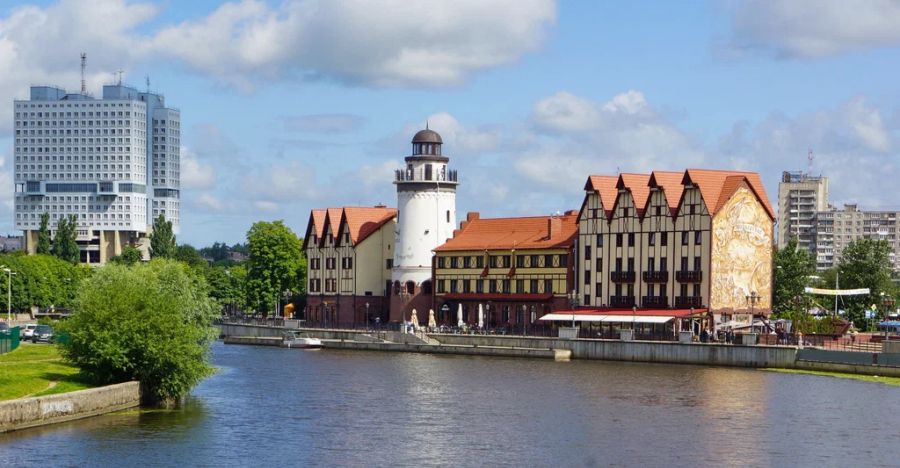KALININGRAD RETURNS TO OLD NAME |
|
|
In its opinion published on Tuesday (9 May), the Polish Commission for the Standardization of Geographical Names (KSNG) recommended using the name Królewiec, the Polish version of the name given to the city founded in the 13th century by the Teutonic Order, to which the territory belonged at the time, rather than Kaliningrad. “It is not even a question of Russophobia anymore, but of a decision which borders on madness”, declared the spokesman of the Kremlin, Dmitry Peskov, quoted by the agency TASS. Explaining the reasons for this new recommendation, the KSNG said that the town was historically known in Poland by its original name, Królewiec. Naming such an important city close to Poland after Mikhail Kalinin, "a criminal" who was co-responsible for the murder of Polish officers in the Katyn Forest, among other places, is "artificial and unrelated to the city itself, nor with the region". Current political circumstances were also cited as the reason for the recommendation, with the KSNG believing that Russia's invasion of Ukraine and Moscow's information warfare should reignite the debate over Russian-imposed names. Reaction in Russia The replacement of the city's name also drew strong reactions from former Russian President and Prime Minister Dmitry Medvedev. If Poland does not like the name Kaliningrad, the names of Polish cities previously occupied by Germany should be replaced with German names, he said, as quoted by TASS. To give some examples, he suggested using the name Danzig instead of Gdansk, Stettin instead of Szczecin, or Breslau instead of Wroclaw. A town named after the Czech king by warrior monks The city was founded in the mid-13th century on the site of the former Prussian colony of Twangste by the Teutonic Knights during the Northern Crusades and was named Königsberg, translated into Polish by Królewiec, in honor of King Ottokar II of Bohemia, which helped the Teutonic Order conquer the territories of the Prussian tribes. Until the 1500s, the city was one of the states of the Teutonic Order, an important urban center and the capital of the Grand Master of the Order between 1457 and 1525. Until the Second World War, it remained under Prussian and then German domination. After Królewiec was captured by the Soviet Union on April 9, 1945, the Potsdam Agreement of 1945 placed it under Soviet administration. | |
| Boby Dean for DayNewsWorld | |
 |
|




